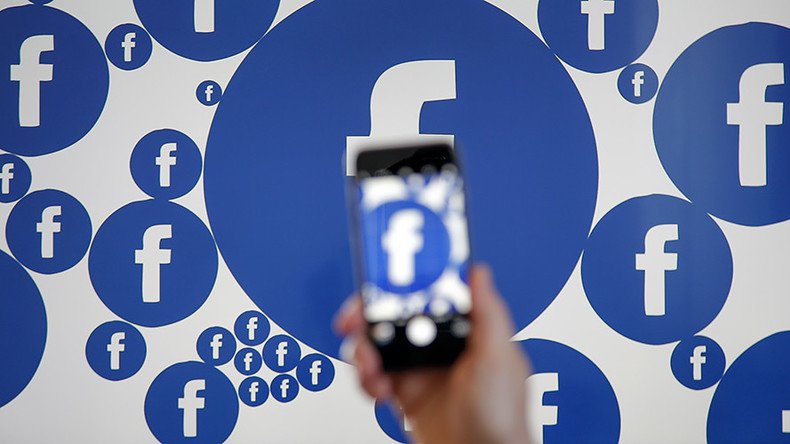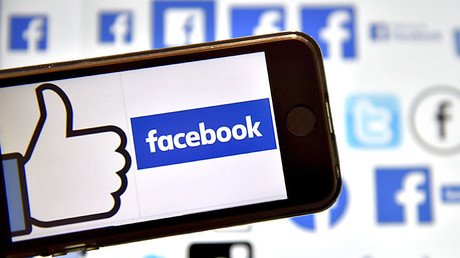Social networks could be hit with hefty fines for ‘hate speech’ under new German law

Germany may tighten up its laws on online hate speech in a move that opponents decry as at odds with free speech.
Under the Social Networks Enforcement Law, which goes before parliament on Friday, social networks with over 2 million users must have a system for reporting so-called “hate speech,” which – depending on its severity – must be removed within a week. “Clearly illegal” content must be removed within 24 hours.
These complaints may be processed by a neutral third party approved by the Justice Ministry. Companies which consistently fail to remove content in time could be hit with a 50 million euro ($56 million) fine, according to AP.
The bill, proposed in in March by Justice Minister Heiko Maas of the center-left Social Democratic Party, has been prompted by a sharp rise in anti-immigrant and anti-Muslim rhetoric online as a result of the ongoing migrant crisis and terror attacks in Europe. Maas and supporters of his bill link these online commentaries to hate crimes and other far-right activity.
“Freedom of opinion ends where criminal law begins,” AP quoted Maas as saying. “Calls to commit murder, threats, insults, incitement to hatred or the Auschwitz-lie [that Nazi death camps didn’t exist] aren’t expressions of freedom of opinion but attacks on the freedom of opinion of others.”
Facebook, Twitter and Google have already agreed to remove any hate speech from their sites within 24 hours in a 2015 agreement with Germany, but a 2017 report found that Twitter removed only 1 percent of hate speech flagged by its users, while Facebook took down 39 percent. Maas believes that social networks are not doing enough to block online material long considered forbidden in Germany, such as Holocaust denial which has been banned since World War II.
But the proposed legislation has been highly criticized, including by groups such as Reporters Without Borders. Earlier in June, the UN’s Special Rapporteur for free speech, David Kaye, warned the German government that the definition for hate speech was very ambiguous, and may result in sites deleting content on their own initiative without a clear understanding of whether it is illegal.
“Such precautionary censorship would interfere with the right to seek, receive and impart information of all kinds on the internet,” he wrote in a letter.
The bill has also been criticized by some liberal and left-wing activists, who say it fails to address the underlying issues.
“You can’t just change the mind of the people by proposing a law,” Johannes Baldauf of the Amadeu Antonio Foundation, which tracks hate speech and extremism, told the Verge. “And you can’t just delete what these people are thinking.”













